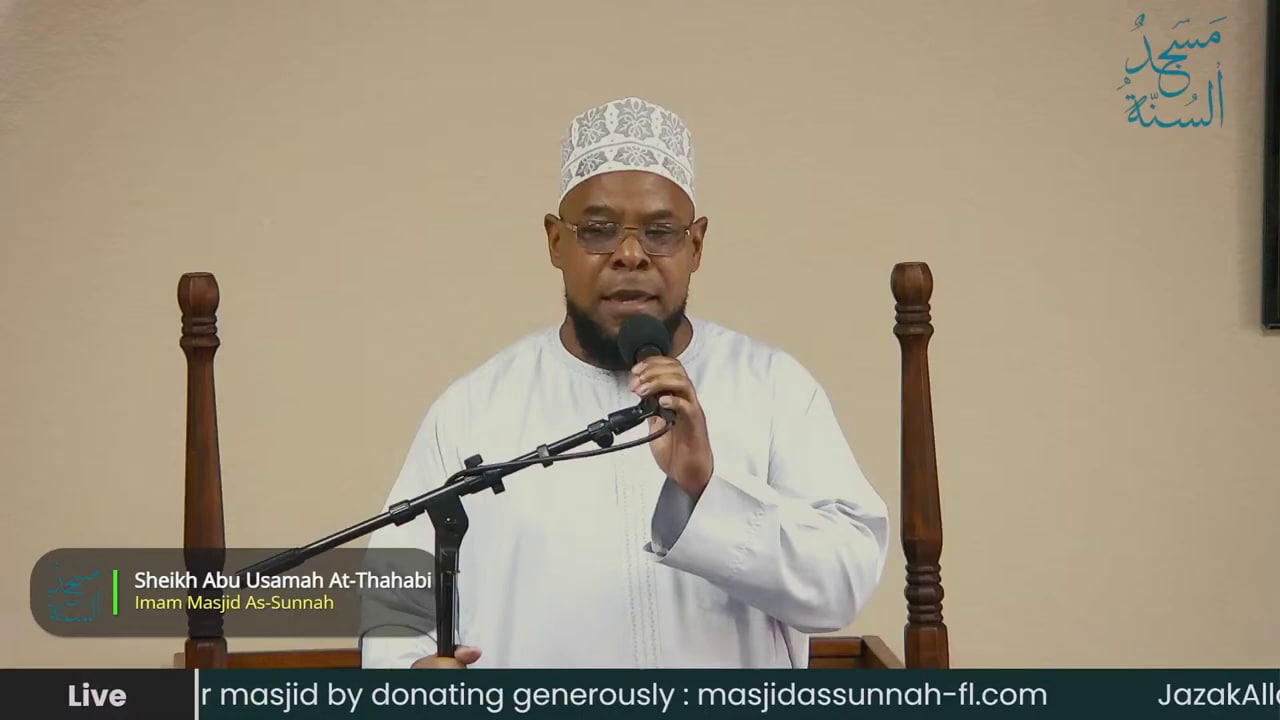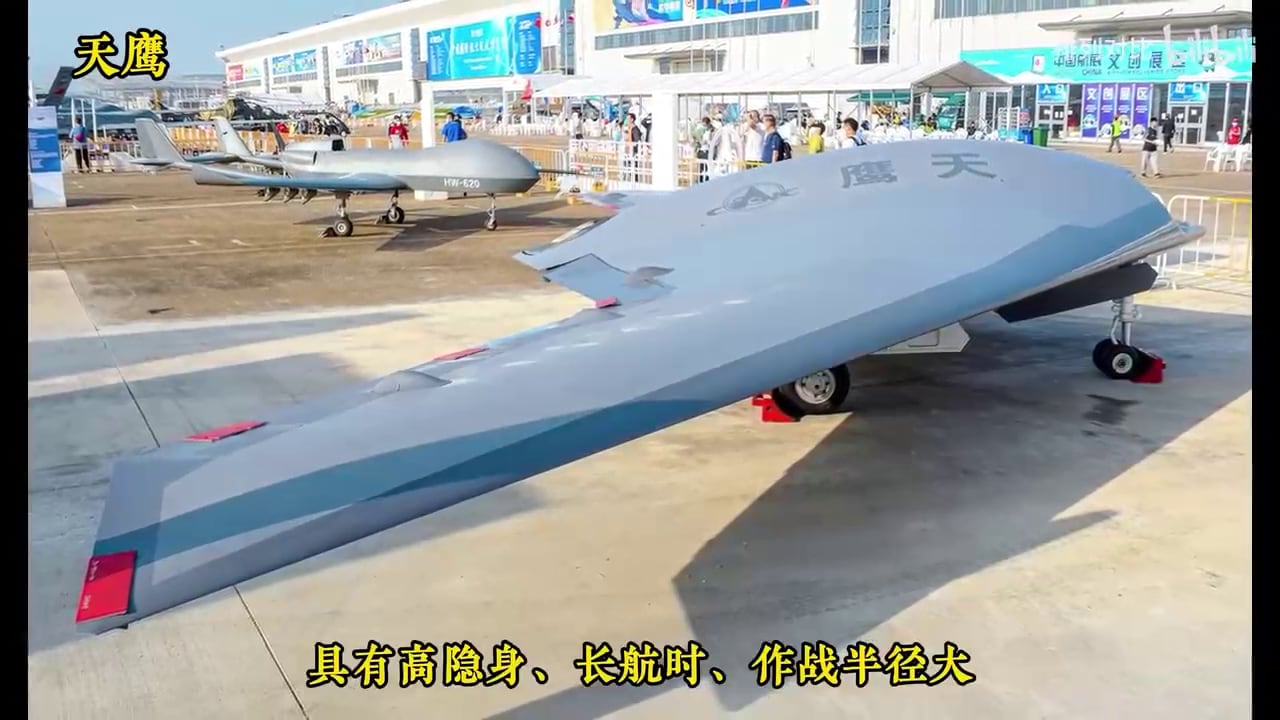
Following are excerpts from an interview with the Head of the Iranian Nuclear Energy Organization Gholam-Reza Aghazadeh, which aired on Channel 2 of the Iranian on April 13, 2006, and excerpts from a speech by Gholam-Aghazadeh, which aired on IRINN on April 11, 2006:
Aghazadeh: In the early stages of our work we realized that our centrifuges had many malfunctions. We could not determine the reason, because there were no references or books we could consult to solve this. After considerable effort, we noticed that when our experts assembled the centrifuges, they did not wear cloth gloves. We realized that if you assemble the centrifuges with bare hands, a little bit of sweat from between the fingers may transfer to the rotor, and increase the mass. When the rotor spins, it becomes a problem, which completely unbalances the centrifuge, causing it to explode. When I say that it explodes, it doesn't merely explode, but turns to powder.
Interviewer: With the high speed rotation...
Aghazadeh: Yes.
[...]
Aghazadeh: As for the centrifuges we possess, 48,000 such centrifuges can supply 30 tons of enriched uranium. As for more advanced machines - we indeed have plans to develop such machines. Having the advanced type of centrifuges and the new technology enables one to multiply production.
Interviewer: If the enrichment is only between 3.5% to 5% - which is permitted according to the NPT - why are the Americans concerned that Iran has reached this level, saying it may reach enrichment of a higher percentage?
Aghazadeh: This has a dual use... Since this is the same technology... Let me explain this. The simple way is to inject 0.7% (uranium) and obtain 3.5%, right? Now, if you take this 3.5% and inject it again into the chain (of centrifuges), the result will be 20%. If you inject the 20% back into the chain, the result will be 60%. If you inject this 60%, the result will be 90%. This process has a dual use.
[...]
Aghazadeh: In the framework of the development of Iran's nuclear power plants, Iranian experts have begun to plan a 360 MW nuclear power plant. During this year, they will issue an international tender for the construction of two additional units, with a capacity of 1,000 MW each. Iran's growing need for various radioactive medicines for the purposes of diagnosis and treatment, and its need for radioactive isotopes for industrial and research use, and the restrictions encountered when it tried to obtain these isotopes from sources outside the country, have led Iran's senior officials to a resolute decision: to establish a new nuclear research facility to replace the old one (in Tehran). This will be a heavy water facility with a capacity of 40 MW. This type of reactor is called RR-40 and it will be operational, God willing, in the beginning of 2009.
[...]
I am proud to announce that 110 tons of UF6 have already been manufactured at the (UCF) facilities.[...]
The heavy water production project involves some of the most complex technology known today. Only a few countries have the ability to produce heavy water. This project is currently in its initial stages. We have begun the initial accumulation of heavy water, and the eventual output of this important project will be 16 tons of heavy water annually.













